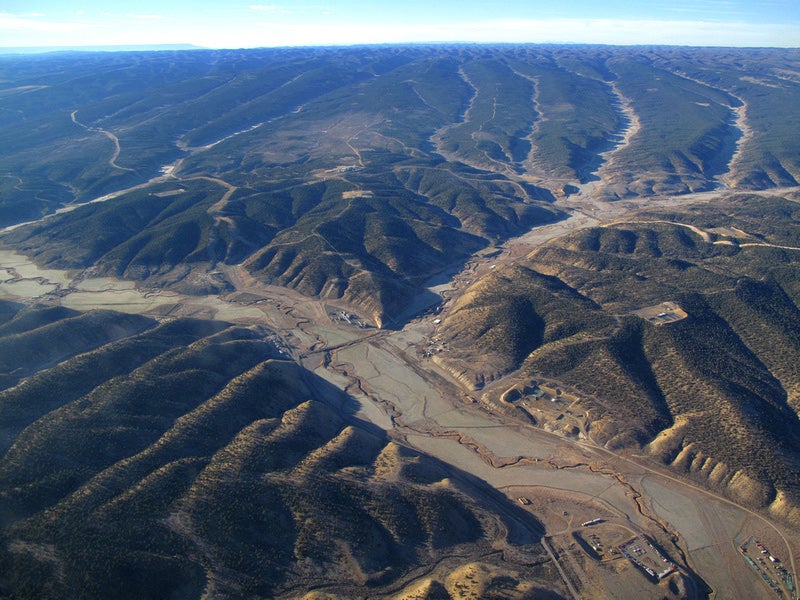Stopping the Subsidization of Oil Shale in the American West
The Bush administration opened up to oil shale leasing 2 million acres of public land in the American West. Current oil shale technology requires effectively strip mining the land, which destroys wildlife habitat, and requires massive amounts of water.
Clients
Regional Office / Program
Case Overview
There are millions of tons of oil shale rock beneath the surface of lands in Colorado, Wyoming and Utah—rock that if heated long enough could someday extrude substances that could be refined into petroleum. Nevertheless, no process has ever succeeded in turning the rock into petroleum on a commercial basis, despite efforts that stretch back a century. Given this history of failure, some say that, “Oil shale has a fantastic future—it always has, and it always will.”
In 2009, only days before vacating office, the Bush administration opened up to oil shale leasing 2 million acres of public land in the American West. The administration failed to protect critical areas for wildlife, water, and wild land from such leasing. Current oil shale technology requires effectively strip mining the land, which destroys wildlife habitat, and requires massive amounts of water, already precious and dwindling in the arid west where oil shale rocks are found. It also would likely require huge amounts of energy—and huge amounts of climate pollution—just to process the rock into petroleum.
Earthjustice filed suit on behalf of 13 conservation groups, challenging both the decision to open lands to leasing land an additional Bush administration decision to subsidize oil shale developers by cutting the rate they have to pay U.S. taxpayers to develop the reserves. The Obama administration settled the cases, agreeing to take a fresh look at both the decision to open lands to leasing and the royalty giveaway.
In 2013, the federal government released a new plan that cut by more than two-thirds the lands open to commercial leasing, and proposed rules to limit the bargain-basement royalty that would have subsidized commercial development. Neither proposal is perfect, but both reduce the threat of a damaging oil shale rush degrading some of the wildest parts of the West.

Case Updates
Case page created on January 26, 2009.